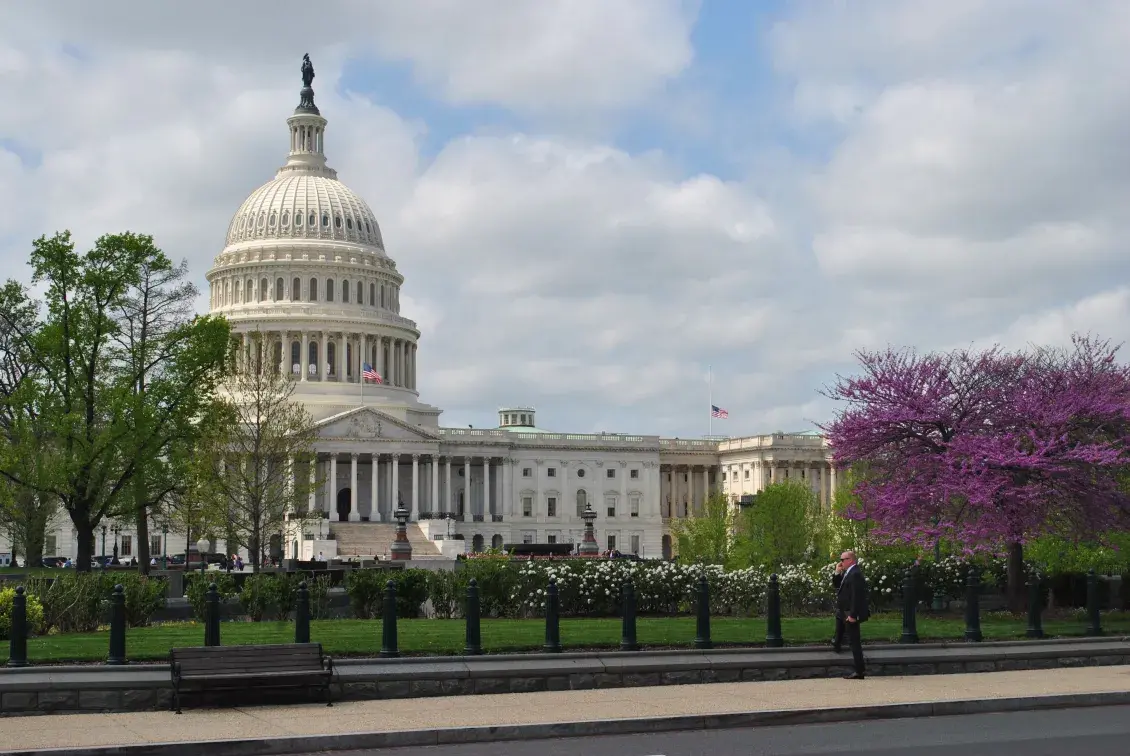On July 13, the House subcommittee that funds the federal Department of Housing and Urban Development (HUD) approved its FY24 spending bill and sent the proposal to the full committee for consideration. Due to the bipartisan debt limit legislation, Congressional appropriators are operating under strict budget caps, affecting the amount they can provide for non-defense discretionary programs.
Further impacting spending legislation, House Appropriations Chair Kay Granger (R-Texas) also announced earlier this year that the House would be drafting their spending proposals to FY22 enacted levels, which would require even stricter spending levels for non-defense discretionary programs.
The House Appropriations Subcommittee for Transportation, Housing and Urban Development, and Related Agencies (THUD) proposed an FY24 budget of $68.2 billion for HUD, and it includes a mixed bag for housing programs. A number Enterprise's policy priorities received increases, including the Native American Housing Block Grant, which received a 32% bump. The legislation would also protect current contracts under the Housing Choice Voucher program. Many programs received level funding, such as CDBG and the Section 4 Capacity Building Program.
However, there were some programs that received drastic cuts, in particular the legislation included a $1 billion (67%) cut to the HOME Investment Partnerships Program (HOME), which is expressly designed to help state and local governments create affordable housing for low-income households. Enterprise is also concerned about the language to prevent HUD from implementing the “Affirmatively Furthering Fair Housing” rule, which is focused on rooting out historic housing inequities and fostering inclusive communities.
Here’s where the HUD numbers stand compared to last year’s budget:
- $31.13 billion for Tenant-Based Rental Assistance, a $3.5 billion (13%) increase over FY23 enacted. It is expected this amount will cover the cost of all contract renewals, resulting in no cuts for current voucher holders.
- $15.42 billion for Project-Based Rental Assistance, which is $1.5 billion (10%) above FY23. It is expected this amount will cover the cost of all contract renewals.
- $8.36 billion for Public Housing, a $150 million decrease from FY23 enacted. This total includes $5.1 billion for the operating fund, a $6 million (.1%) decrease, and $3.18 billion for the capital fund, a $20 million (1%) decrease.
- $5.5 billion for the Community Development Fund (CDF), a $900 million (14%) decrease from FY23. Of this, $3.3 billion is allocated for the Community Development Block Grant (CDBG) program, equal to FY23. The additional $2.2 billion in CDF is for earmarks and Congressionally directed spending items.
- $3.73 billion for Homeless Assistance Grants, $96 million (3%) above FY23.
- $1.344 billion for Native American Programs, a $324 million increase (32%) above FY23 enacted. This includes $1.1 billion for the Native American Housing Block Grant (Formula), a $323 million (41%) increase above FY23 enacted.
- $913 million for the Section 202 Housing for the Elderly, a $162 million (15%) decrease from FY23.
- $500 million for HOME, a $1 billion (67%) decrease from FY23.
- $208 million for Section 811 Housing for People with Disabilities, a $152 million (42%) decrease from FY23.
- $125 million for Family Self-Sufficiency (FSS), level with FY23.
- $42 million for the Section 4 Capacity Building Program, level with FY23.
- $20 million for the Preservation and Reinvestment Initiative for Community Enhancement (PRICE) Program, a competitive grant program for housing residents and communities to preserve and revitalize manufactured housing and eligible manufactured housing communities. This amount is $205 million (91%) below FY23 enacted.
Prior to the THUD bill release, the House Appropriations Committee also released spending proposals for Treasury and the Rural Housing Service under USDA.
Below is an overview of the spending proposals.
Treasury
The Financial Services and General Government (FSGG) subcommittee, which provides funding for the Treasury, released its proposal on June 22 and provided $25.3 billion for the agencies under its jurisdiction, 7% below FY23 enacted levels. This includes:
- $278 million for the CDFI Fund, $46 million (14%) below FY23 enacted levels and $17 million (5%) below FY22 enacted levels. The Senate FSGG proposal provides $334 million for the CDFI Fund, $10 million above FY23 enacted levels.
USDA
The Agriculture, Rural Development, Food and Drug Administration (Agriculture-FDA) subcommittee, which funds rural housing programs, released its proposal on May 15 and provided $25.3 billion, 2.1% below FY23. This includes:
- $1.6 billion for Section 521 Rental Assistance, $119 million (8%) above FY23. The amount provided in the proposal is estimated to fully fund the program.
- $900 million for the Section 502 Single Family Housing Guaranteed Loan Program, $350 million (28%) below FY23, including $7.5 million for the 502 Direct Tribal Relending Pilot.
- $400 million for the USDA Section 538 guaranteed loans to preserve and rehabilitate USDA rental housing, level with FY23.
- $60 million for the Section 515 Rural Rental Housing program, $10 million (14%) below FY23.
- $34 million for the Multi-family Housing Preservation and Revitalization Program, $2 million (6%) below FY23.
- The proposal does not include language to provide USDA authority to allow mortgage decoupling. The Senate Agriculture-FDA committee provided USDA this authority in their spending proposal, beginning with a pilot for 15,000 units. This is a priority for Enterprise and a wide coalition of housing owners and advocates.
A full breakdown of the affordable housing and community development spending levels can be found in our Fiscal Year 2024 Budget Request and Appropriations Chart.
Enterprise strongly opposes the deep cuts proposed for many programs and will continue to advocate for Congress to provide robust funding levels for affordable housing and community development. If you would like to join us in opposing cuts for programs like HOME, please reach out to your Members of Congress and voice your support for higher funding levels. The Senate Appropriations THUD subcommittee is marking up their proposal next Thursday, July 20, so the time to act is now.
To stay up to date on the appropriations process and other affordable housing and community development policy, subscribe to our daily Today in Housing newsletter and bi-weekly Capitol Express newsletter.
